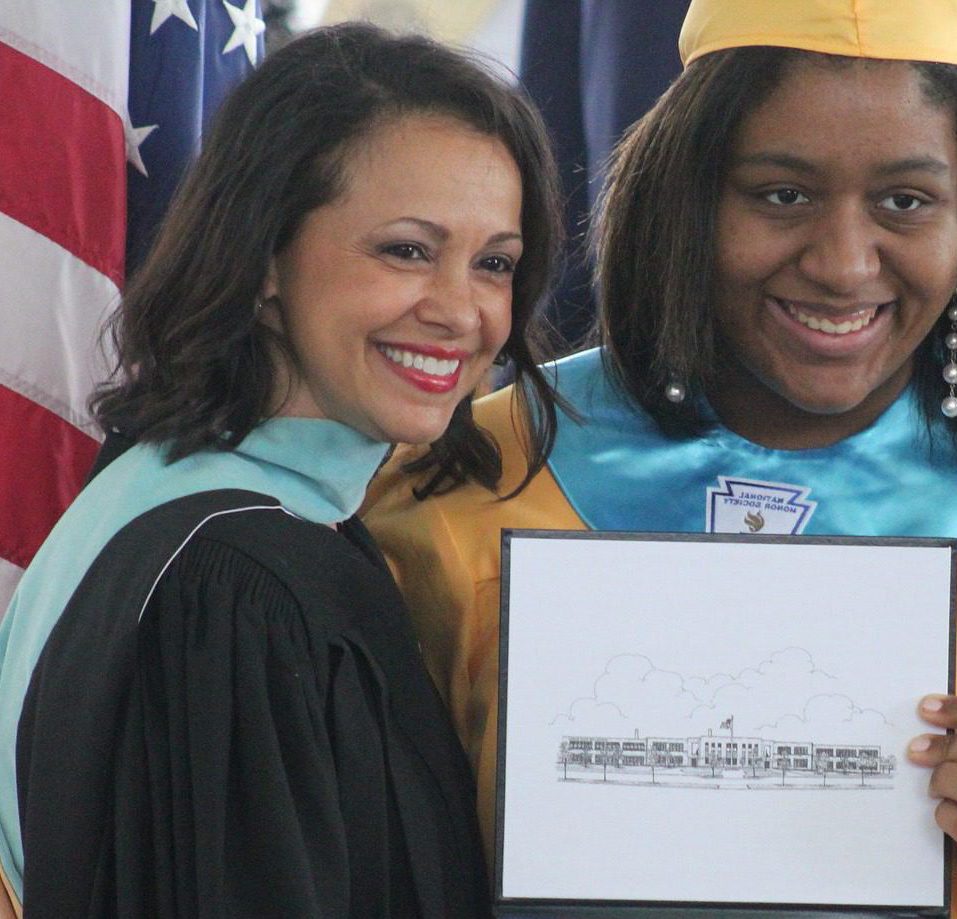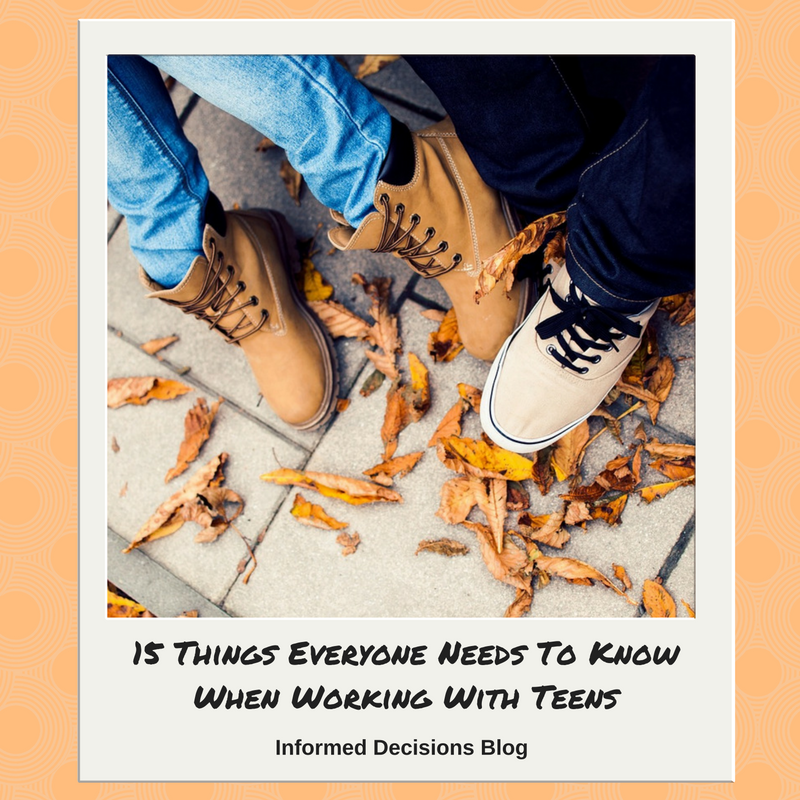Youth of color are smart, insightful, passionate, strong, proactive leaders who are business savvy. They think about the multitude of options presented to them and make informed decisions about their futures. How amazing would it be if this were the way youth of color were perceived by greater society or by our youth themselves?
Over the years, I have posed this same question to hundreds of my students and participants: “What does society think will happen to youth of color before the age of 25?” And each group has provided me with nearly the same responses. They state that, “We will become…”
- Truants or drop out of school

- Runaways
- Teen parents
- Involved in risky sexual behavior
- Prostitutes
- Gang involved
- Incarcerated
- Drug users, abusers, or dealers
- Victims of fatality
It is disheartening that these are the responses coming from our youth. Teens and young adults should be thinking about their futures – careers, college, and achieving success – not death and incarceration. Bombarded by all of the negative images in the media and having repeatedly heard what is expected of them, so many youth begin to believe it.
I have lost count how many times I have heard people question, “If Oprah can do it, why can’t they?” Or someone will inevitably state, “They are just lazy; they’re not trying hard enough.” Wouldn’t it be great if we could all say, “you get a car, and you get a car, and you get a car?” Unfortunately, we can’t all be Oprah Winfrey (but that would be really amazing)! Everyone differs in his or her life circumstances and shouldn’t be blamed for not being resilient enough to overcome adversity. Urban youth of color are often labeled as “at-risk” or delinquent. The labels and negative expectations already start our youth at a disadvantage, forcing them to prove they are not their labels rather than prove who they truly are – capable, smart, energetic, and worthy young people.

I am not denying that youth are responsible for their own decisions, but society has often overlooked the circumstances and factors that contribute to their limited options. All youth should be afforded equal opportunities to become productive contributing members of society in order to make informed decisions about their future successes.
After several years of observations in the field; research studies; and numerous conversations with youth, educators, families, directors/principals, and communities, numerous recurring themes have surfaced. These themes usually encompass a lack of understanding, connection, funding and/or resources, and differing perspectives.
So what’s next? Do we continue to allow our youth of color to accept the futures they believe they will have, or do we begin to change the negative expectations of our youth and society?
Here are several steps we can begin to take in order to make a difference in the lives of our youth:
- Provide educators with proper training on cultural, socioeconomic, and generational competency. I have sat in numerous trainings that discuss philosophical concepts that youth should understand as part of core curriculums. But, all of these trainings were not what is needed to understand our youth – racially, culturally, developmentally, and socially.
- Have real conversations about race and how it impacts our youth. This issue is so taboo that no one wants to addresses it. It’s often avoided and then continues to perpetuate institutionalized racism. Some schools have began to have staff discussions on addressing race.
- Realize and harness the potential in our youth. Each of our youth has amazing skills and abilities. Instead of focusing on how they can excel, organizations have chosen to focus on conforming them to the standards that have been created by greater society. We need to be supporting our youth in discovering and enhancing their own talents and skills in order to believe in themselves and help them to succeed.
- Provide the services necessary for youth of color to become successful. We need to offer educational services and programs that actually meet the needs of our young people instead of meeting the needs of the administration. There are ways to do both; however, educators become so overwhelmed with meeting the standards that they can lose sight of finding ways to meeting the needs of our youth. We need to start where our youth are and build on their strengths in order for them to achieve the predetermined goals.
- Provide the resources necessary for youth of color to become successful. Supply and connect youth
 with the basic necessities they need to succeed. You can’t expect that youth will be focused on understanding the Pythagorean Theorem or figuring out who they are and broadening their cultural horizons when they’re more concerned with where their next meal is coming from. If basic needs are already met, it is important to then look at their social-emotional needs. This will ensure they have the tools they need so they can concentrate on school and programs.
with the basic necessities they need to succeed. You can’t expect that youth will be focused on understanding the Pythagorean Theorem or figuring out who they are and broadening their cultural horizons when they’re more concerned with where their next meal is coming from. If basic needs are already met, it is important to then look at their social-emotional needs. This will ensure they have the tools they need so they can concentrate on school and programs. - Work as a community to support our youth. Work within the community to provide opportunities and supports, such as: internships, jobs, donations and enhancing youth programing.
- Connect youth to mentors of color. This offers supports and experience youth can learn from. Youth will be able to gain guidance and hear from others who have faced similar to the challenges and have overcome barriers to success. Navigating the workplace as a person of color, can often be a challenge. It’s even more difficult as a young person, and the supports of a mentor can aid in making it a less difficult transition.
The lack of appropriate educational resources, disconnect with educators, and the limited support to meet the social-emotional and/or academic needs of our youth have all contributed to youth being deemed statistical casualties. Without the proper resources and support for youth and educators, how can we expect our youth to succeed?
What resources and/or topics would be helpful in addressing some of these needs for our youth of color?
Other blog posts you may like:


Leave a Reply